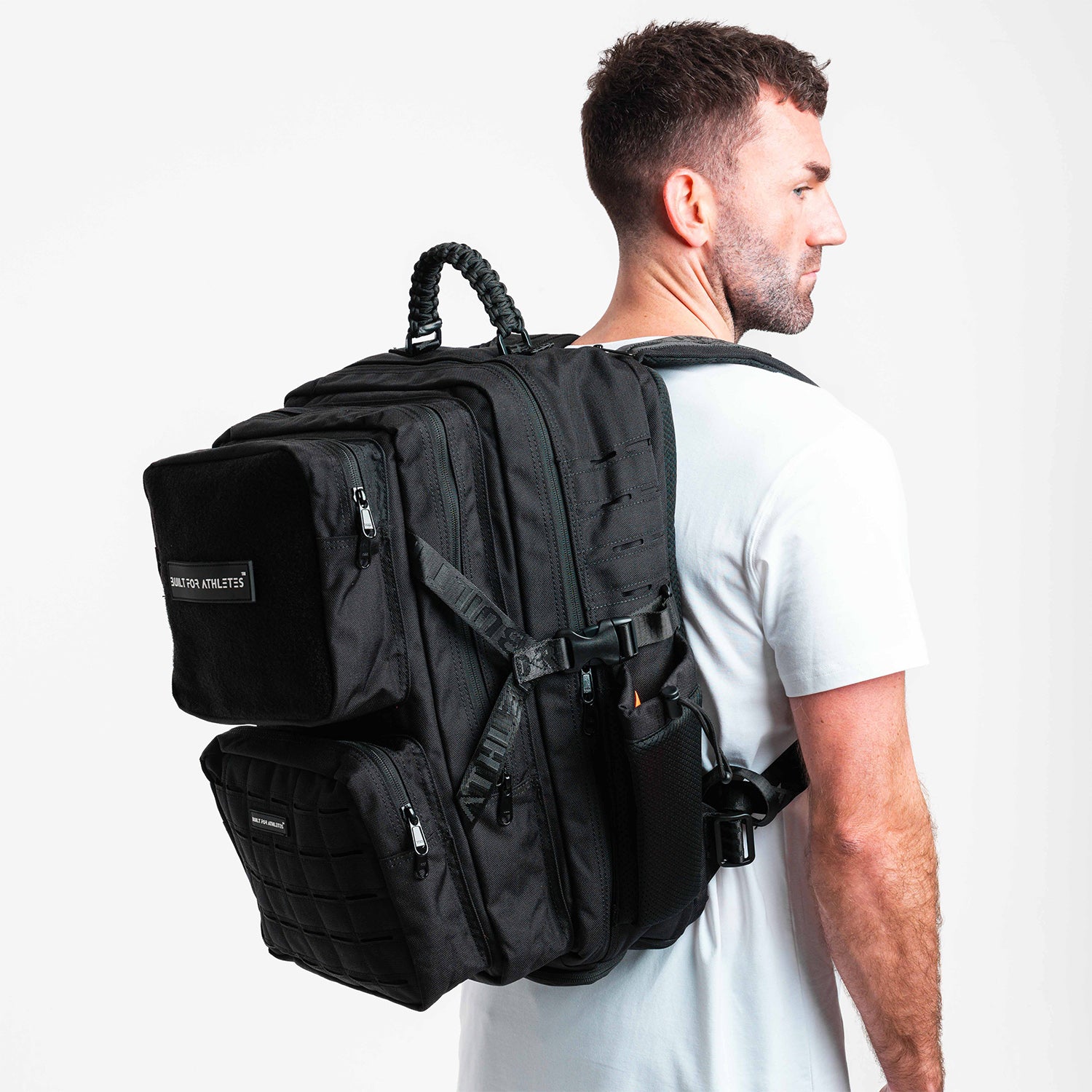NB: this is not dieting advice - please do your own research and if in doubt, speak to a medical professional
In the world of dieting, trends come and go, and one such trend that has garnered both ardent supporters and vocal critics is the ketogenic diet, commonly known as "keto." Over the years, the narrative surrounding keto has evolved, with some dismissing it as nothing more than a fad. In this blog post, we aim to delve deeper into the keto diet, exploring its origins, principles, and scientific backing to determine whether it is merely a passing fad or a legitimate dietary approach.
Understanding the Keto Diet
The ketogenic diet is a high-fat, low-carbohydrate diet that aims to induce a metabolic state called ketosis. In this state, the body shifts from using glucose as its primary source of energy to using ketones, which are produced from fats when carbohydrate intake is significantly reduced. The reduction in carbohydrates forces the body to burn stored fat for energy, which is why keto is often associated with weight loss.
Origins and Medical Applications
Contrary to what some may believe, the ketogenic diet is not a recent fad. It was developed in the 1920s to treat epilepsy, particularly in children who did not respond well to traditional treatments. Over time, it also showed promise in managing other neurological disorders, such as Alzheimer's disease and Parkinson's disease. Additionally, research has explored its potential benefits in managing type 2 diabetes and obesity.
Scientific Support
Numerous scientific studies have investigated the efficacy and safety of the ketogenic diet. While some research points to the diet's potential benefits in certain health conditions, the results are not uniform across all studies. For example, some studies suggest that the ketogenic diet can lead to weight loss, improved blood sugar levels, and reduced inflammation in some individuals. However, other studies show conflicting results or highlight potential side effects, such as nutrient deficiencies and an increased risk of heart disease in the long term.
Sustainability and Adherence
One of the main criticisms leveled against the keto diet is its sustainability. Many people find it challenging to adhere to such a restrictive eating plan in the long term. The initial phase of the diet, known as the "keto flu," can cause unpleasant symptoms as the body adjusts to burning fat for fuel. Moreover, the strict limitation of carbohydrates may lead to cravings and feelings of deprivation, making it difficult for individuals to maintain the diet over time.
Balanced Approaches vs. Extreme Diets
The keto diet is just one of many dietary approaches that have gained popularity over the years. It is essential to recognize that no one-size-fits-all approach exists when it comes to nutrition. Different diets work for different individuals based on factors such as genetics, lifestyle, and personal preferences. It is crucial to avoid labeling any particular diet as an outright fad without considering its potential merits and drawbacks.
Conclusion
While the keto diet has captured the public's attention and has a rich history of medical applications, it is vital to approach it with a balanced perspective. Dismissing it as a mere fad oversimplifies the complex field of nutrition and disregards the research that supports its use in specific situations. However, it is equally essential to recognize that extreme diets, including the keto diet, may not be suitable or sustainable for everyone.
Before embarking on any dietary journey, it is advisable to consult with a qualified healthcare professional or a registered dietitian. Ultimately, a well-rounded and individualized approach to nutrition will always be the most effective path to achieving health and well-being.
























































Share:
Build a better base with cycling
Get High: the secret sauce of altitude training